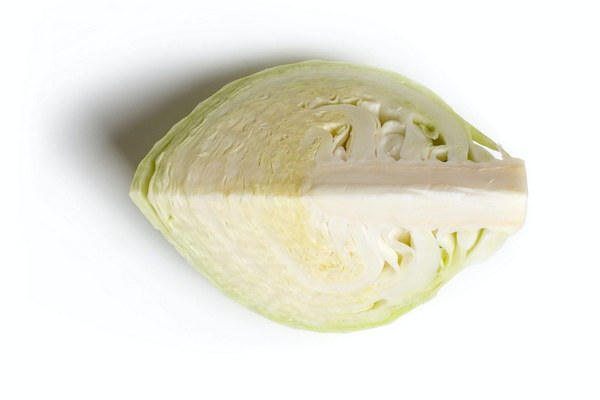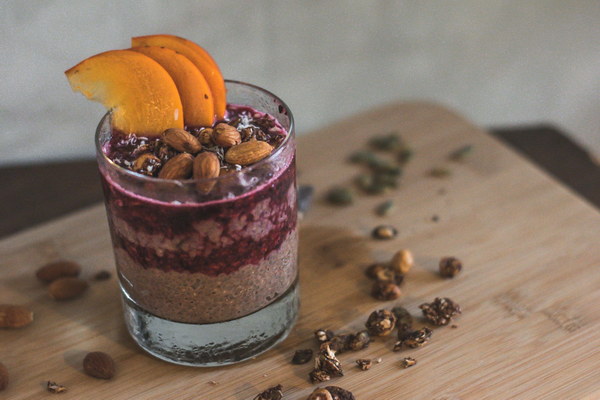Can Winter Swimming Really Combat Aging A Closer Look at the Age-Defying Benefits
In recent years, the trend of winter swimming has gained significant attention as a potential anti-aging activity. But can winter swimming really combat aging? Let's dive into the research and explore the possible benefits of braving the cold waters.
Winter swimming, or cold water swimming, involves swimming in water temperatures below 15°C (59°F). While it may sound extreme, enthusiasts claim that the practice has numerous health benefits, including potential anti-aging effects. But how does it work, and is there scientific evidence to support these claims?
1. Increased Circulation
One of the primary reasons winter swimming is believed to combat aging is its impact on circulation. When exposed to cold water, the body's blood vessels constrict, and then rapidly dilate upon returning to a warmer environment. This process, known as vasoconstriction and vasodilation, helps to improve blood flow throughout the body. Enhanced circulation can deliver oxygen and nutrients to cells more efficiently, potentially slowing down the aging process.
2. Hormonal Changes

Cold water exposure has been shown to trigger the release of endorphins, which are natural painkillers and mood lifters. In addition, the body may also experience a boost in the production of adrenaline and noradrenaline, which are hormones that help regulate stress levels. By reducing stress and improving mood, winter swimming may contribute to a healthier aging process.
3. Immune System Boost
Regular cold water swimming can strengthen the immune system. Research suggests that cold water exposure can increase the production of white blood cells, which are crucial for fighting off infections and diseases. A robust immune system can help the body combat aging-related illnesses and maintain overall health.
4. Skin Health
Some studies indicate that cold water swimming may improve skin health. Cold water can stimulate the production of collagen, which is essential for maintaining skin elasticity and reducing the appearance of wrinkles. Additionally, the cold temperature can help tighten the skin, giving it a more youthful appearance.
5. Mental Health Benefits
The psychological benefits of winter swimming cannot be overlooked. The practice can help build resilience and mental fortitude, as it requires courage and determination to enter icy waters. A strong mind is often associated with healthy aging, as it can help individuals maintain a positive outlook on life and cope with the challenges that come with age.
However, while there are potential anti-aging benefits associated with winter swimming, it's essential to note that more research is needed to fully understand the extent of these effects. Additionally, it's crucial to approach winter swimming with caution, as it can pose health risks to individuals with certain medical conditions or those who are not acclimated to cold water.
In conclusion, while winter swimming may offer some anti-aging benefits, it's not a magic solution to reversing the aging process. It's important to maintain a balanced lifestyle that includes a healthy diet, regular exercise, and adequate sleep. If you're considering taking up winter swimming, consult with a healthcare professional to ensure it's a safe activity for you.
Remember, the key to healthy aging lies in a holistic approach that encompasses physical, mental, and emotional well-being. While winter swimming may be a fun and potentially beneficial addition to your routine, it should be part of a broader strategy for maintaining vitality as you age.









